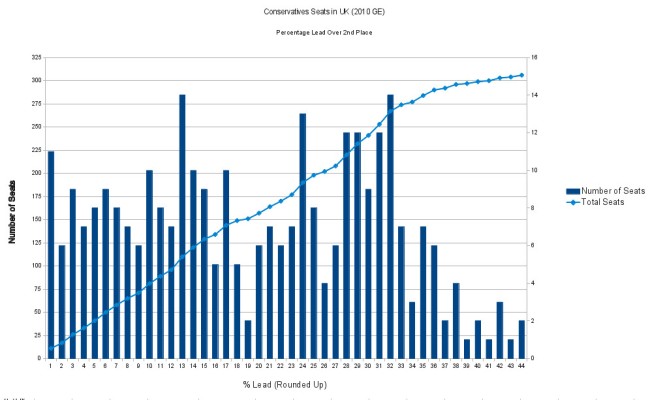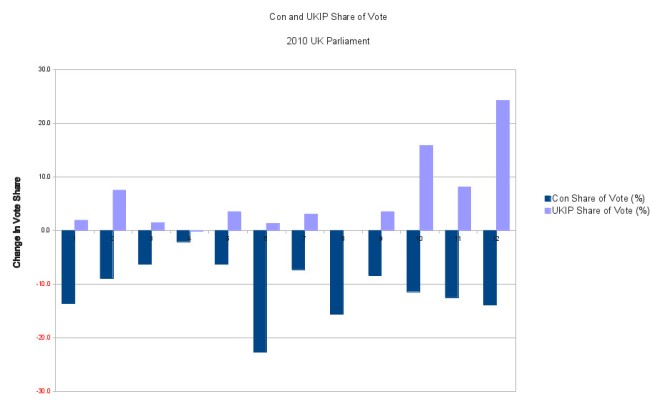Remember, remember the fifth of November,
Gunpowder treason and plot.
We see no reason
Why gunpowder treason
Should ever be forgot!Guy Fawkes, guy, t’was his intent
To blow up king and parliament.
Three score barrels were laid below
To prove old England’s overthrow.By god’s mercy he was catch’d
With a darkened lantern and burning match.
So, holler boys, holler boys, Let the bells ring.
Holler boys, holler boys, God save the king.And what shall we do with him?
Burn him!
As the fifth of November approaches, I go back annually to one my very favourite films ‘V for Vendetta’. For those not familiar with this adaptation of a comic book, it’s story about a dystopian United Kingdom. The government is a right-wing fascist one, where the public are controlled through fear, violence, mass surveillance, media control and the ‘disappearance’ of dissenting voices as punishment for not being compliant with the system. Against this backdrop a masked stranger emerges, who undermines the government, and eventually leads the people see the light and overthrow their oppressors. The finale is the demolition of the Houses of Parliament by an underground train packed with explosives, timed to the music of Tchaikovsky’s 1812 Overture.
The film is firmly fiction, yet as each year passes, the resonance with contemporary politics grows. Most people have political ideas they are interested in, yet dissatisfaction with Westminster politics is significant. I can’t be the only one that thinks after watching yet another PMQs full of partisan hot air, with no light and all heat, the idea of blowing the whole place up seems quite a good idea. Hearing another round of media interviews where political opponents just oppose for opposition’s sake, without making a positive contribution , and the main parties just play games and set traps really hacks me off. Most of the public realise that while these squabbles go on, real life issues are left unresolved – the NHS, the housing crisis, job security and all the other things that concern voters the most.
It turns out that we don’t need a tube train full of explosives to destroy Westminster – it’s doing a great job of falling down all by itself. Westminster is aging, and is badly in need of repair, with recent estimates putting the cost at up to £5.7 billion. Bad electrical cabling, leaking sewerage pipes, asbestos and sinking are just some of the issues. MPs are expected to make a decision by the middle of 2019. This will certainly involve parliamentary business being moved elsewhere for a number of years.
I have been to Westminster twice, and in truth I think blowing it up is a little harsh. It is a magnificent place, and preserving it must be a priority for nation. The history of centuries of politics is in it’s bones and permeates the air. Combined with the stunning architecture and deep traditions, time spent there is like walking through a history book. This creates the perfect atmosphere for a museum or art gallery, but a wretched place to build new progressive and transformative democracy that we desperately need for the twenty first century.
So how can this opportunity be used reshape our democracy for the better? Here is my plan:
Move out of London
Our national politics are far too London-centric. Moving parliament to another place would be transformative in the national perception of it. A new parliament in Birmingham would be around two hours from most areas in the country, and much cheaper to build that a similar building in London.It would help break up the London/South East centralisation of the country.
Move from adversarial to cooperation
Parliament is based on adversarial politics. The premier event of the week is considered to be Prime Minister’s Questions – nothing more than a tribal, pointless ding dong.
MPs line up opposite each other. They are separated by two lines (two swords length apart). The effect of the positioning of people in a room is known to change the ambiance and nature of the exchanges. This is why when power, control or hostility is required, people sit opposite each other with barriers between. For example, the layout of police interview rooms when questioning suspects. People sat around each other, without barriers, creates a more cooperative environment, for example, people in counselling groups sat round in a circle. A good example of a better layout is the European Parliament, where MEPs sit in a semi circle.
The current First Past the Post electoral system is designed to give one party an excess of parliamentarians to command an unrepresentative majority. This immediately creates a them and us set up from the start. A better alternative would be a PR system, where cross party cooperation is normally required. In most parts of peoples’ lives, be it at home, work or leisure, they do a good job at compromising with different people to create a more conducive environment and get on with things. A common complaint of the public is that politicians don’t just get on with running the country and work together. The petty, tribal squabbling that constitutes much of our politics brings it into disrepute.
Conclusion
Westminster politics is crumbling like it’s roof, sewerage system and electrics. We can fix the building and preserve it’s architecture and history. However, it’s political culture need to thrown in a skip, and new modern parliament, fit for the twenty first century, created. This new parliament can then give birth to a new political culture, one we can be proud of and that is relevant now and into the future.




